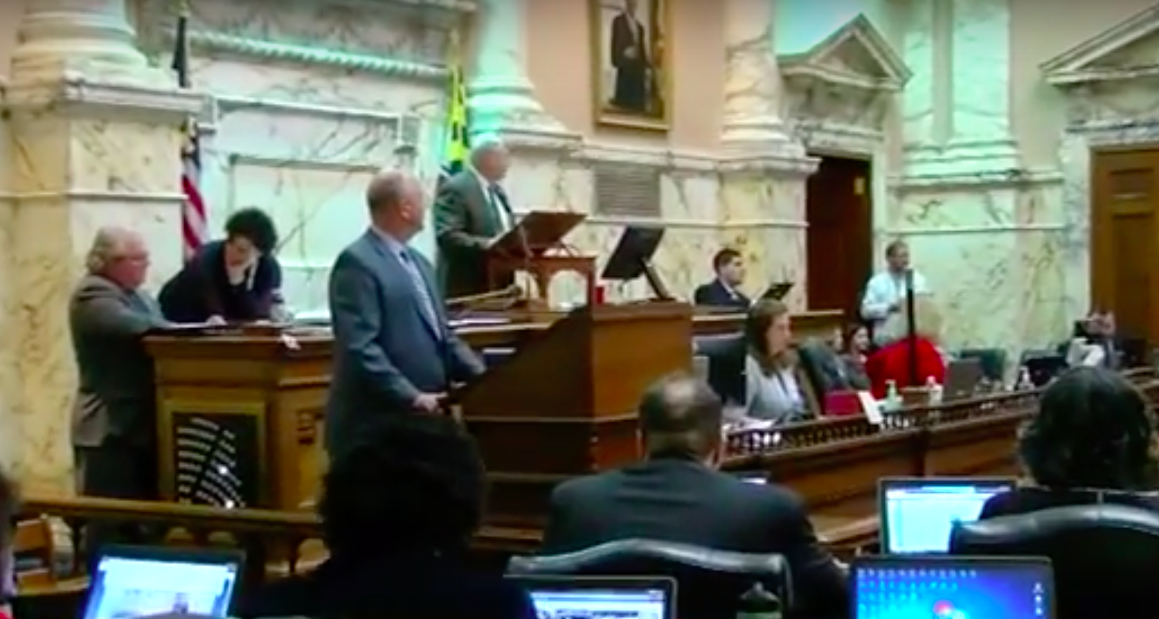
New “groundbreaking” legislation introduced in Maryland takes aim at the troubling rise in addiction and drug overdose, by proposing a rather unconventional approach with a focus on harm reduction.
The three bills were introduced by Maryland Delegate Dan Morhaim, who is also a practicing physician in emergency and internal medicine.
HB 515 would require certain acute care hospitals to have an addiction counselor available around the clock. Patients treated at the hospital who need help for substance use disorder could meet with this individual to create a treatment plan and transition to detox or rehab.
HB 488 would decriminalize certain low-level, non-violent drug offenses. The bill would remove criminal penalties—aka the possibility of arrest—and instead impose a fine and a treatment referral for those caught with small amounts of illicit drugs. But if a repeat offender is nabbed a third time, they will go to jail.
HB 519 allows for the creation of “safe consumption programs,” to provide spaces where people can use drugs in a safe, controlled environment. Last Friday (Jan. 27) Seattle and King County officials in Washington announced plans to move forward with establishing the country’s first safe consumption sites (also known as supervised injection facilities).
There are almost 100 similar safe drug use programs in 66 cities worldwide including in Europe, Australia and Canada, according to the Drug Policy Alliance (DPA). The goals of these programs include—but are not limited to—saving lives and promoting safe drug use, by providing clean syringes and responding to overdoses.
Maryland joins a small but growing group of U.S. cities and states that have expressed interest in adopting safe consumption programs.
“Maryland’s rising overdose death rate is an urgent public health crisis of historic proportions,” said Morhaim, according to a statement by the DPA. “We must adopt new and innovative solutions to stem the crisis and stop more families from experiencing this tragedy.”
In 2015, the state recorded 1,089 deaths related to heroin or opioid painkillers like OxyContin and Vicodin. From 2010 to 2015, there was a 186% increase in heroin-related deaths, according to DPA.
“Maryland has the opportunity to serve as a model for the country in treating drug use for what it is—a public health issue,” Morhaim continued. “This legislation allows Maryland to adopt proven, evidence-based, and data driven approaches to best help drug users, their families, and the community.”
